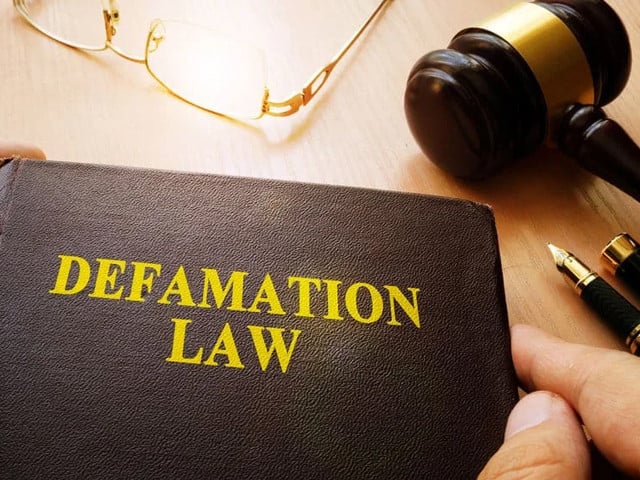
Aitchison College resignation: A wake-up call for educational integrity
The recent resignation of Michael A Thompson, principal of Lahore's prestigious Aitchison College, has sent shockwaves through the education community, raising serious concerns about the integrity and autonomy of educational institutions in Pakistan. Thompson's scathing indictment of “prejudiced actions” by the Governor House and “unwarranted interference” highlights the urgent need to safeguard the independence of our schools and colleges from political meddling and undue influence.
At the heart of this controversy lies a fundamental question: should educational institutions be indebted to political agendas and biased interests, or should they be upholders of academic freedom and intellectual inquiry?
Thompson's resignation speaks volumes about the perils of allowing political interference to undermine the educational mission and spirit of institutions like Aitchison College.
Thompson's tenure as principal was marked by a commitment to excellence and inclusivity, with initiatives aimed at promoting diversity, equity, and academic rigor. His departure sends a chilling message to educators across the country: that speaking truth to power comes at a cost, and that standing up for principles of integrity and autonomy may come into conflict with ingrained power structures.
But Thompson's resignation is not just an isolated incident—it's symptomatic of a broader trend of encroachment on academic freedom and institutional autonomy in Pakistan. From arbitrary appointments of university vice-chancellors to politicised curriculum changes, the erosion of educational integrity threatens to undermine the very foundations of our education system.
In 2018, the appointment of Dr Ishtiaq Ahmed as the vice-chancellor of Punjab University stirred controversy. Many critics alleged that his appointment was influenced by political connections rather than academic merit, leading to concerns about the integrity of the university's leadership. Moreover, the controversy surrounding the Punjab Curriculum and Textbook Board (PCTB) in 2014 highlighted concerns about politicised curriculum changes. The PCTB faced criticism for altering textbooks to promote a specific political narrative, including the glorification of certain political leaders while marginalising others.
The incident at Lahore University of Management Sciences (LUMS) in 2019, where several students were reportedly expelled for organising a peaceful protest, raised concerns about the suppression of dissent and free speech on campus. The university faced criticism for its heavy-handed response to student activism, leading to debates about the limits of academic freedom in Pakistan.
These examples highlight specific instances where issues related to educational integrity, politicisation, and suppression of dissent have arisen within prominent institutions in Pakistan. Addressing these challenges requires a concerted effort to uphold the principles of academic excellence, impartiality, and intellectual freedom across the country's education system.
The allegations of “prejudiced actions” by the Governor House raises serious questions about the role of political authorities in dictating the affairs of educational institutions. If schools and colleges are to fulfil their mission of nurturing critical thinking and civic engagement, they must be free from external pressures and interference.
Moreover, Thompson's resignation highlights the need for greater accountability and transparency in the governance of educational institutions. Too often, decisions affecting the lives and futures of students and educators are made behind closed doors, with little input or oversight from those directly impacted. This lack of transparency only serves to breed mistrust and sow discord within the education community.
Beyond the immediate fallout of Thompson's resignation lies a deeper question of values and principles. As a society, we must ask ourselves what kind of education system we aspire to build—one that prioritises excellence, integrity and inclusivity, or one that is bound to political convenience and interests.
Thompson's principled stand should serve as a rallying cry for educators, students, and parents alike to demand greater respect for the autonomy and integrity of our educational institutions. Only by holding our leaders accountable and advocating for policies that uphold the values of academic freedom and institutional autonomy can we ensure that our schools and colleges remain true to their mission of educating and empowering the next generation of leaders.
It's time for a reckoning. It's time for every educator, every administrator, and every policymaker to take a long, hard look in the mirror and ask themselves: what kind of legacy do I want to leave behind? Do I want to be remembered as someone who stood up for integrity and fought against corruption, or as someone who turned a blind eye and let the rot spread? As we navigate the uncertain terrain ahead, let us remain steadfast in our commitment to upholding the integrity of education and ensuring that future generations have access to institutions that embody the highest standards of excellence and integrity.




COMMENTS (1)
Comments are moderated and generally will be posted if they are on-topic and not abusive.
For more information, please see our Comments FAQ